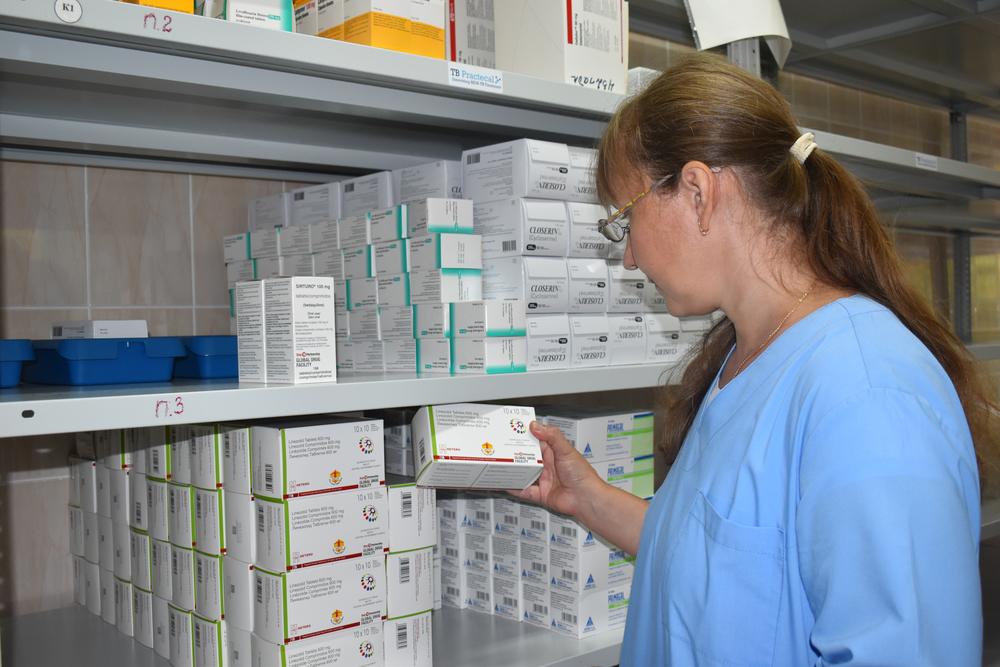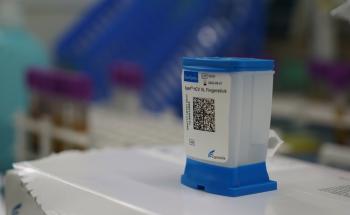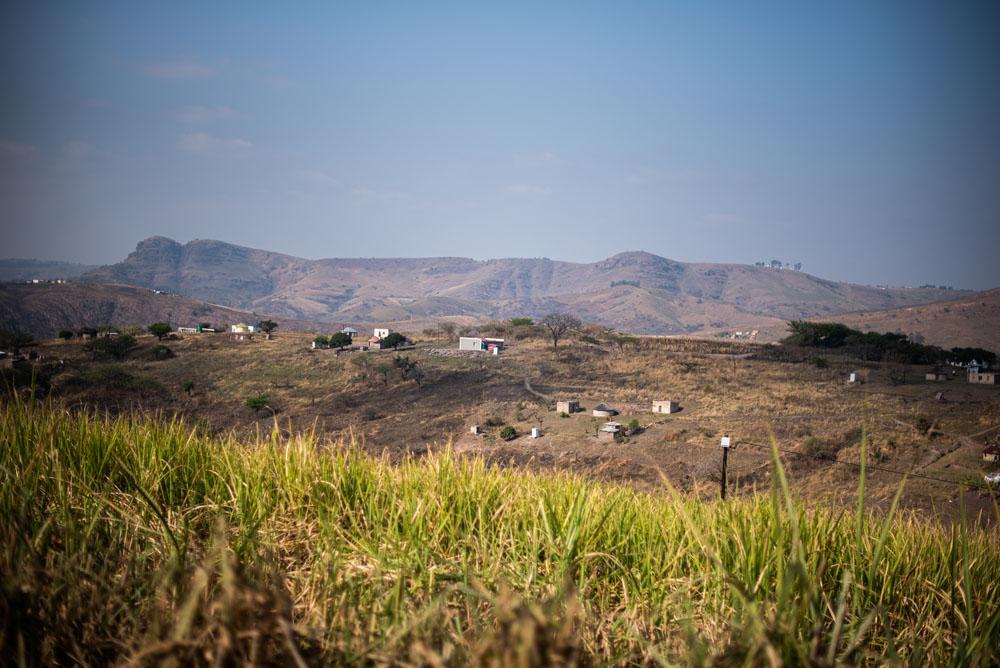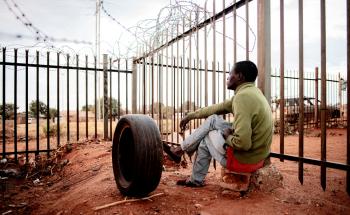At the 5th WHO Pharmaceutical Pricing and Reimbursement Policies conference today, Doctors Without Borders (MSF) presented the costs of its landmark TB-PRACTECAL clinical trial, which helped identify a shorter, all-oral treatment regimen for drug-resistant tuberculosis (DR-TB), totalling €34 million (R726 259 040,00).**
This is the first time the detailed costs of an individual clinical trial will have ever been shared publicly, challenging the lack of transparency around drug development, and the prevailing public and policy narrative that high prices are needed to recoup high research and development (R&D) costs.
MSF’s study marks a significant first step towards increasing transparency in biomedical R&D costs, which would help shape more equitable models of R&D and ensure global access to lifesaving treatments for people who urgently need them.
Building on this analysis, MSF developed ‘Transparency CORE’, a clinical trial cost reporting toolkit, and urges all public and non-profit actors to publish their clinical trial costs and support the development of international policy to mandate standardised cost reporting.
<a class="cta [ inline-block min-w-6/8 bg-red pt-9 pb-8 pl-12 pr-12 ] font-league-gothic text-white text-center text-20 leading-22 tracking-small uppercase no-underline md:min-w-auto sm:min-w-auto mt-45 mb-12 md:mt-40 md:mb-0 lg:mt-50" href="https://journals.plos.org/globalpublichealth/article?id=10.1371/journal.pgph.0003759"><font color="#Cost analysis of the TB-PRACTECAL clinical trial</strong></span></font></a>
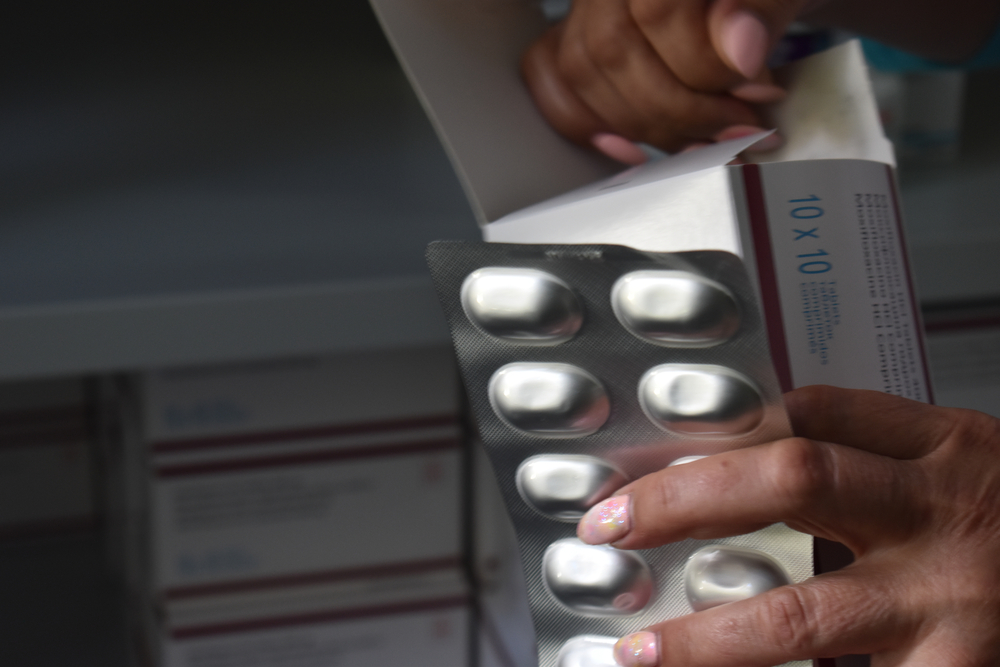
“We hope that our disclosure of clinical trial costs for identifying an improved regimen for drug-resistant tuberculosis will serve as a clarion call for other public and non-profit actors to join us and publicly share their clinical trial costs to ensure broader transparency in medical R&D costs,” said Dr Bern-Thomas Nyang’wa, MSF medical director and chief investigator of the TB-PRACTECAL trial. “We encourage clinical trial sponsors and implementors to try our ‘Transparency CORE toolkit’, and to build on it as a guide to facilitate the publication of cost data.
While transparency in R&D expenditure remains elusive, mainly, transparency in clinical trial costs is a transformative step towards exposing what medical innovation actually costs and building a future where high prices do not hinder access to medicines and medical tools.”
The cost of clinical trials is often the largest component of the overall research and development (R&D) costs for health products, yet their actual costs have remained undisclosed, with no disaggregated data on biomedical R&D costs available in the public domain. The current estimates for full R&D costs for new drug development range from US$43.4 million (R 855, 260, 000,00)*** to a staggering $4.2 billion (R 83,359,107,000.00), using varied methodologies. Cost estimates for Phase 2 and Phase 3 clinical trials of pharmaceuticals range between US$5 million ( R93,924,285.00) and US$ 142 million ( R2,672,598,046.00 ).
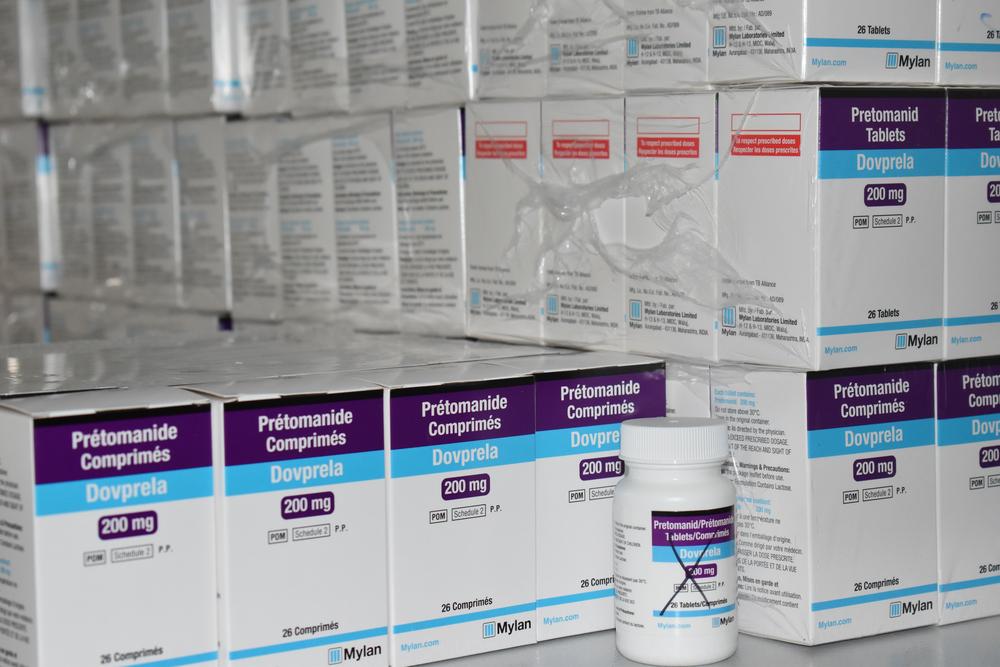
Transparency of clinical trial costs is needed to inform pricing policies and innovative ways to fund biomedical R&D. The prevailing public and policy narrative around medical-product pricing echoes uncritically the pharmaceutical industry’s longstanding claim that high prices are needed to recoup high R&D prices and sustain future innovation. However, research has shown that there is no link between high drug prices and industry spending on R&D.
Despite this, the pharmaceutical industry’s R&D spending estimates are still used to inform R&D policy and pricing debates related to medical products. As and when analysts outside of industry have managed to gain access to more nuanced information about the costs of R&D, including significant funding contributions from the public and philanthropic sectors, this knowledge has informed pricing debates and fuelled global activism to lower prices.
For more than a decade, the critical TB drug bedaquiline, which is the backbone of all DR-TB regimens including the TB-PRACTECAL regimen, remained out of reach for people with DR-TB due to its exorbitant price. The revelation from academic research that the public investment in bedaquiline’s R&D was up to five times more than the private investment was pivotal information in a global movement led by TB activists and civil society that resulted in a significant price reduction for this lifesaving drug.
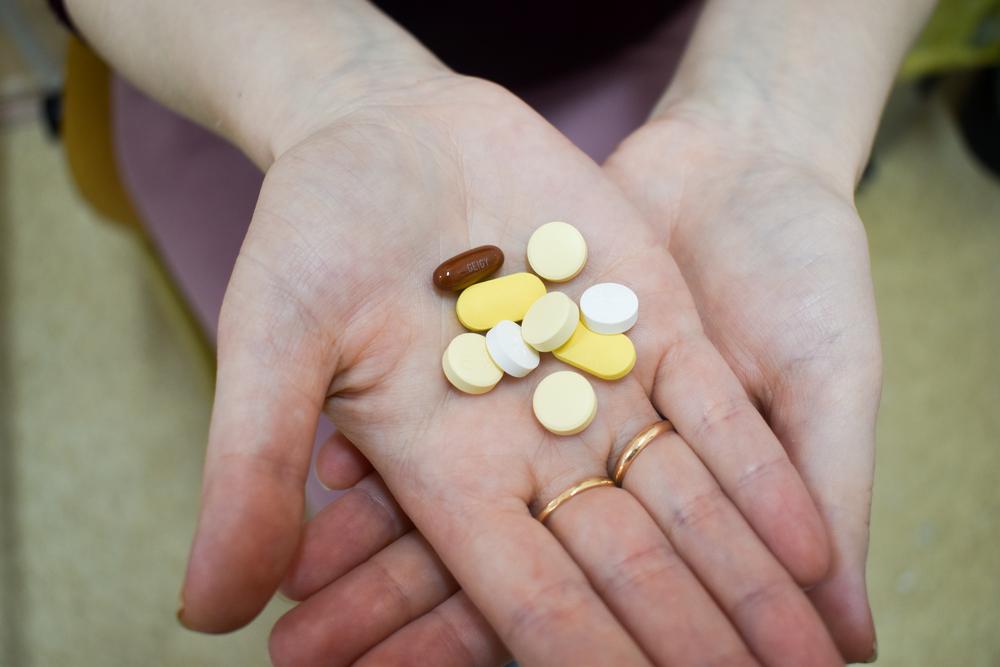
“The global movement that pushed for a significant price reduction of the lifesaving TB drug bedaquiline demonstrated that transparency of R&D costs can lead to increased access to medical tools and help save more lives,” said Roz Scourse, Policy Advisor with MSF’s Access Campaign. “The unsubstantiated yet dominant narrative that high prices are needed to recoup high R&D costs can no longer remain an evidence-free zone – this information is a critical piece of the policy puzzle that can inform the price of medical products, and who gets access.
Today ,we are challenging this narrative and showing that publishing detailed clinical trial costs can – and must – be done. We urge all actors funding and conducting clinical trials – and R&D more broadly – to publicly disclose their costs, in order to equip governments, policymakers, researchers, activists and affected communities with the vital information needed to have evidence-based conversations about pricing policies, and how we can ensure that biomedical R&D efforts actually result in equitable access.”
Detailed data on clinical trial costs can further inform the design of future R&D initiatives, including innovative R&D incentives and financing mechanisms, particularly for areas where there is a lack of commercial interest in the absence of profitable markets, such as TB, antimicrobial resistance and pathogens of pandemic potential. Transparency in the detailed costs of clinical trials can also support clinical trial budgeting and financial planning, especially for non-profit or publicly financed drugs and clinical trial settings outside high-income countries; the lack of such data posed a challenge when planning TB-PRACTECAL.
“As the World Health Assembly this year will mark the 5th year since the adoption of the transparency resolution, all governments must take urgent steps to enact legislation to mandate the disclosure of disaggregated R&D costs, including clinical trial costs, especially where the R&D received public funding,” said Scourse.
*MSF led the TB-PRACTECAL phase 2b-3 randomised controlled trial, which identified a new treatment regimen for DR-TB in 2022. The results of this landmark trial led to WHO recommending a 6-month, all-oral regimen of bedaquiline, pretomanid, linezolid, and moxifloxacin [BPaLM] as the preferred treatment for rifampicin-resistant TB. This regimen has been adopted for use in 40 countries until now.
**Total costs were €33.9 million (R725 930 871,00). While the topline results were presented at the WHO PPRI conference, the full detailed costs of the clinical trial have been submitted for peer-reviewed publication to a journal. In the full publication, the costs are broken down into 27 cost categories, by year, and by trial site, in order to offer a high level of transparency.
***Based on conversion rates as of 22 April 2024.

